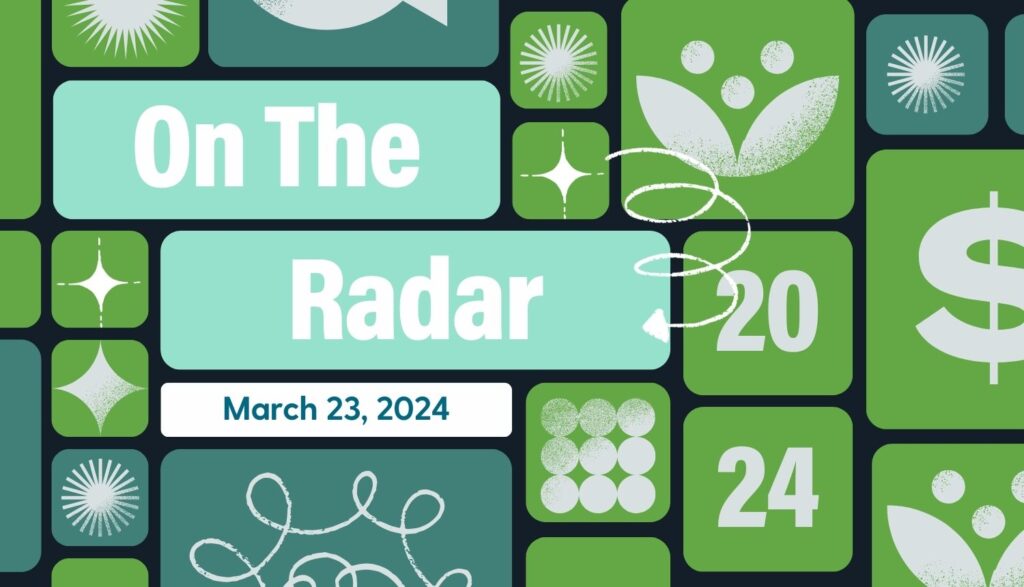What Is “Money Dysmorphia”?
What? About 43% of Gen Z (and 41% of millennials) struggle with what’s being called “money dysmorphia,” a term that describes feeling financially inadequate compared to peers.
So What? Social media is partly to blame for this trend, since nearly a quarter of all Americans report that their money dysmorphia stems from what they see across various platforms.
Now What? It’s important to start teaching your kids about financial health early on. One Consumer Reports survey revealed that 28% of students didn’t know that credit cards are a form of borrowing, and 40% didn’t know that banks charge interest on loans. So don’t assume that your child’s school is teaching them about money management or budgeting. But more importantly, be sure to instill biblical principles regarding finances. If your teenager can remember that God owns it all anyways, it might help them act in faith instead of fear (or inadequacy) regarding financial decisions.
Depression in Teen Boys Isn’t Less Frequent, Just Less Recognized
What? A study published in Pediatrics found “that while antidepressant prescriptions have risen dramatically for teenage girls … the rate of such prescriptions for young men ‘declined abruptly during March 2020 and did not recover.’”
So What? Unfortunately, this doesn’t mean that teen boys are experiencing depression less frequently. Rather, suggest Dr. Kao-Ping Chua (a pediatrician at the Susan B. Meister Child Health Evaluation and Research Center), because depression presents differently in boys—often as irritation, frustration or even aggression—it isn’t as commonly recognized by parents. And since many teenagers stopped attending annual physicals and other health services during the pandemic, doctors haven’t been able to diagnose depression as easily.
Now What? Parents shouldn’t dismiss changes in moods or behaviors in their teens. What might be perceived as teen angst could be indicating a bigger struggle. In addition to irritability, if your son is displaying impulsivity, risk-taking behavior or is simply more argumentative than usual, those could be symptoms of underlying depression.
Drunk Elephant Skincare Smoothies
What? Tweens and children as young as 8 years old (Generation Alpha) have begun buying up products from adult-focused, luxury skincare brands such as Drunk Elephant due to social media.
So What? Besides the fact that many of these products are too harsh for these “Sephora Kids” to use (read more about “Sephora Babies” here), there are reports (and many TikTok videos) of some kids acting out when their parents refuse to buy the expensive products and others making a mess of tester products in stores while creating “skincare smoothies” (which is what Drunk Elephant likes to call a skincare routine).
Now What? Really, the biggest problem here is the access to social media. Even if you’ve decided against social media until your kids are older (most platforms require users to be 13 to create an account anyways), it’s possible they’re learning about these trends from a friend or older sibling who has access. So if your 8-year-old is somehow riding the Drunk Elephant trend, use this as an opportunity to teach them about what a trend actually is. It could help them to resist advertising schemes and peer pressure in the future.








One Response
The best thing to do in this day and age with issues like these is to turn to God and let Him help.